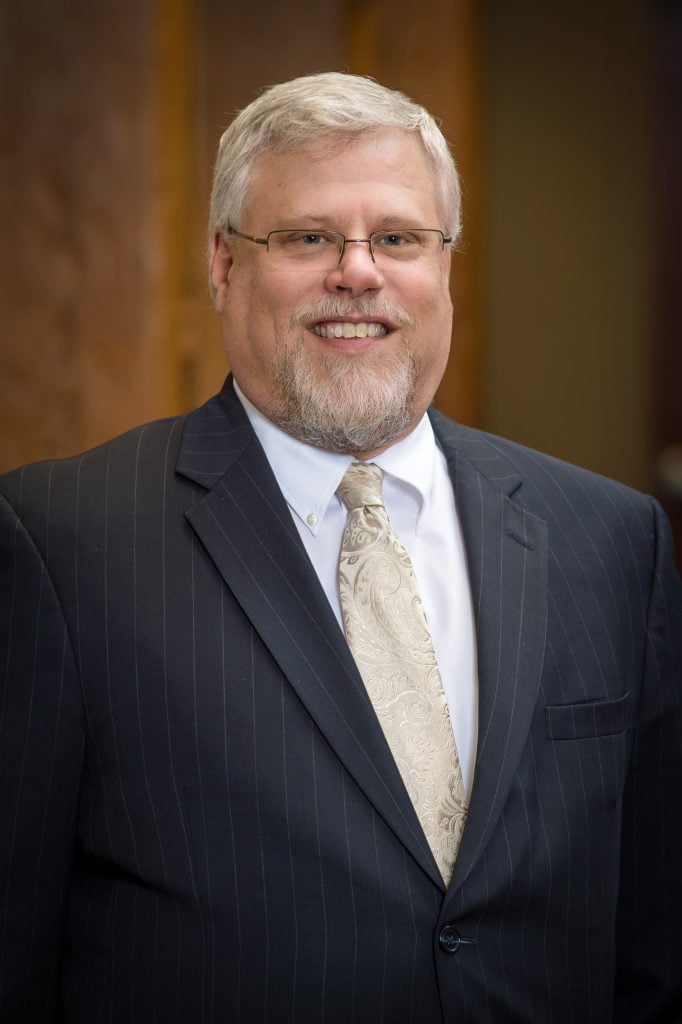
Social pundits have said that kids who grew up in the 1970’s are part of the “me generation”. They are forty and fifty somethings now. Our survival-of-the-fittest world encourages people to “look out for number one”. In that context, the fiduciary idea is counter-cultural.
But the idea of a fiduciary duty is actually very old. It grew out of law that dates back to the time of the Roman Empire and English Common Law dating back to the 1000’s. The idea of a “trust” (and the use of that term) dates back to the 1200’s and began to become the primary term for a variety concepts that included the placement of trust (or confidence) by one person in another person to possess or administrate the property of the first person in the 1400’s and 1500’s. (Trust & Fiduciary Duty in the Early Common Law, Boston University Law Review, Vol. 91:1011, David J. Seipp)
A fiduciary is a person who stands in relation to another person who depends on and trusts in the fiduciary. The fiduciary idea is exemplified, for instance, by the young relative, friend or neighbor who is allowed or gains access to the bank accounts of an elderly person who is living in the twilight of faded memory and dementia. In this context, the law implies a fiduciary relationship. The duty arises by law out of the nature of the relationship. This is known as a “fiduciary in fact”. A fiduciary duty may arise in this context, even if there is no intention to create such a duty, out of the facts and circumstances of the relationship. The law imposes the duty on a person who has gained a position of trust and confidence from another person who is vulnerable and trusting.
The fiduciary idea is implicated whenever one person exercises influence over another person; whenever one person places confidence and trust in another person; when one person is in a position of dominance over another person; when one person depends on another person. The fiduciary idea is implicated when one person acts or purports to act on behalf of another person.
The fiduciary idea is this: when one person stands in special relation with another person such that the other person has placed trust in the one person and the one person thereby gains some position of advantage over the other person, a fiduciary relationship is formed. The fiduciary relationship carries with it the highest duty known to the law.
Many forms of conduct permissible in a workaday world for those acting at arm’s length, are forbidden to those bound by fiduciary ties. A trustee is held to something stricter than the morals of the market place. Not honesty alone, but the punctilio of an honor the most sensitive, is then the standard of behavior.
(From the famous Meinhard v. Salmon opinion of Justice Cardozo)
Most of the time when we speak of a fiduciary duty, however, we are thinking of a person on whom the fiduciary duty is imposed in a more formal way. Anyone who is given the authority as an administrator, executor, trustee or any kind of an agent for another person or persons, is a fiduciary who owes a fiduciary duty to the one(s) who conferred that authority.
The fiduciary idea encompasses all of the following:
- Duty of care;
- Duty of loyalty;
- Duty to account;
- Duty of confidentiality;
- Duty of full disclosure;
- Duty to act fairly; and
- Duty of good faith and fair dealing.
Perhaps, above all else, the fiduciary duty means a duty of undivided loyalty to the person who is relying on the fiduciary. The fiduciary duty means that the fiduciary cannot benefit himself to the detriment of the person who is relying on the fiduciary. Any self-interest that is benefited (self-dealing) is presumed to be a violation of the fiduciary duty. The fiduciary must put the interests of the ones she serves above herself.

If children of the ’70’s are the “me first generation”, we have hopefully learned something along that way. The law forbids a person from acting in a “me first” way when such a person becomes a fiduciary. A person who benefits himself while acting on behalf of another person in a position of trust has violated the sacrosanct fiduciary duty and may be held to account for that breach.
The fiduciary duty arises in any situations:
- Business Relationships. Fiduciary duties fall on the officers, directors and controlling shareholders of corporations. That duty demands loyalty and care in carrying out those roles on behalf of a corporation. In the same way, partners are fiduciaries to each other and the partnership. The same is true of members of a limited liability company.
- Trustees. The fiduciary duty can be traced back first and foremost to trustees. The fiduciary idea is primary to the role of a trustee of a trust. The trustee owes this duty to the settlor (creator) of the trust and to each of the beneficiaries to carry out the terms of the trust objectively and completely, to keep an accounting, to provide full disclosure and to protect and preserve the trust assets.
- Agents. Agency relationships always invoke the fiduciary duty. The duty of disclosure, accounting, loyalty and faithfulness are expected of the agent not only by the one who grants the agency, but by the law itself.
- Estate Representatives. Executors and administrators of estates owe a fiduciary duty to the one who’s estate is being handled and to the beneficiaries of the estate. The duty of executors is similar to the duty of the trustee.
- Real Estate Agents. Real estate agents have a duty to disclose all material facts and to be loyal to the persons for whom they work. The duty of a real estate agent extends not only to their clients, but to the other parties (full disclosure of material facts) by law.
- ERISA. Anyone who exercises discretionary authority over the assets of an ERISA pan, provides investment advice or handles the administration of the plan owes a fiduciary duty to the plan participants.
- Others. Other people owe fiduciary duties in varying degrees and various ways. These include lenders, church representatives, professionals and even elected officials.

Anyone standing in a fiduciary capacity to other people should take time to understand the fiduciary duty as it relates to the relationship and be careful to observe the requirements that extend from the fiduciary role. A fiduciary role is not an undertaking to be taken lightly.
If more people understood the fiduciary duty the law imposes and embraced it, there would be fewer lawsuits, fewer troubles in business and less work for attorneys. More businesses would be successful because people who understand the fiduciary duty would work together for the success of business, rather than “what is best for me” alone.
Understanding the fiduciary duty would not eliminate the breach of it by people who choose to ignore it. Knowledge of the fiduciary duty might dissuade people with no intention of honoring it from taking on fiduciary roles in the first place. Understanding the fiduciary duty might enlighten others who simply do not realize that the duty that applies in many situations that people otherwise walk into with a “me first” attitude. Honoring the fiduciary duty does not mean self abnegation; it means that I will profit to the extent that I work for the betterment of the ones who depend on me, and not to the extent that I work at their expense.

